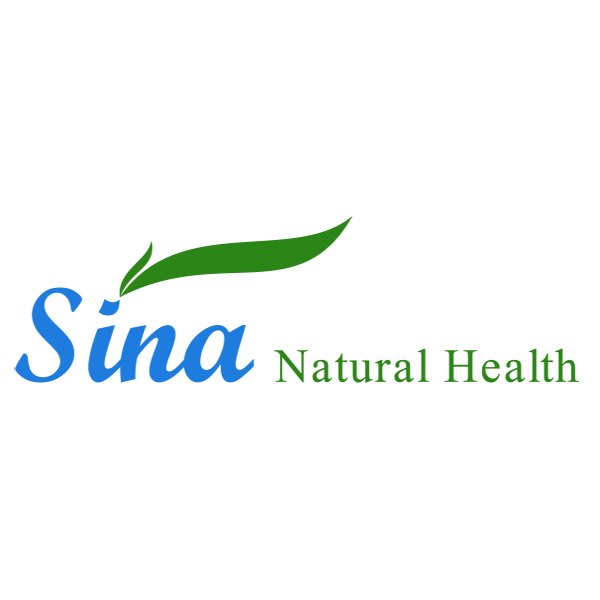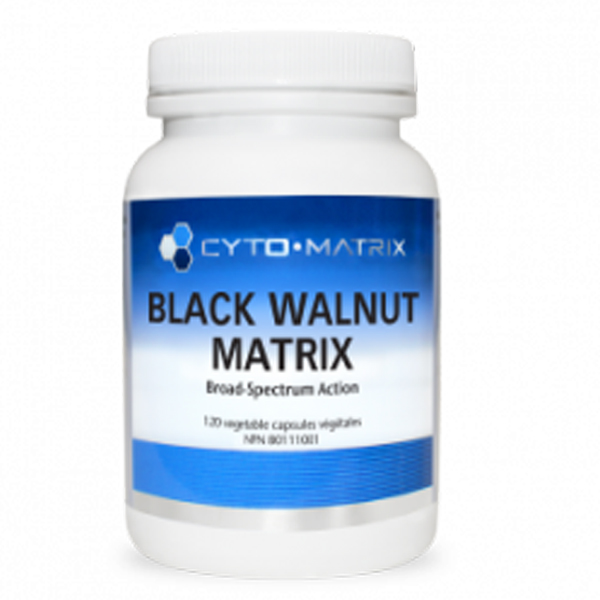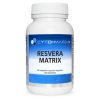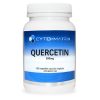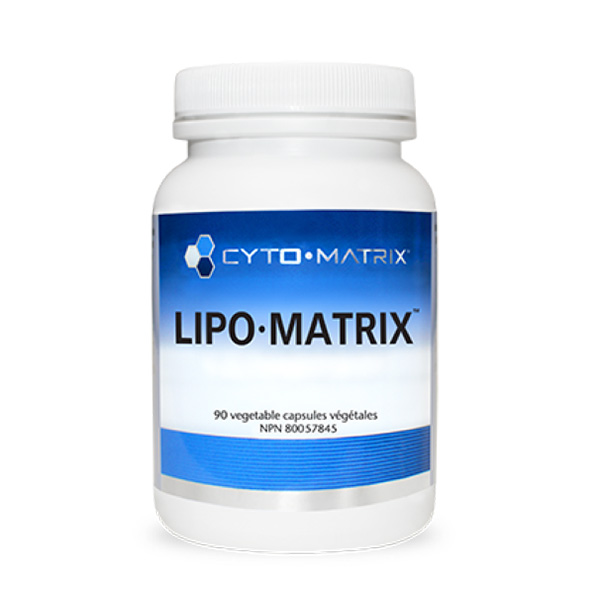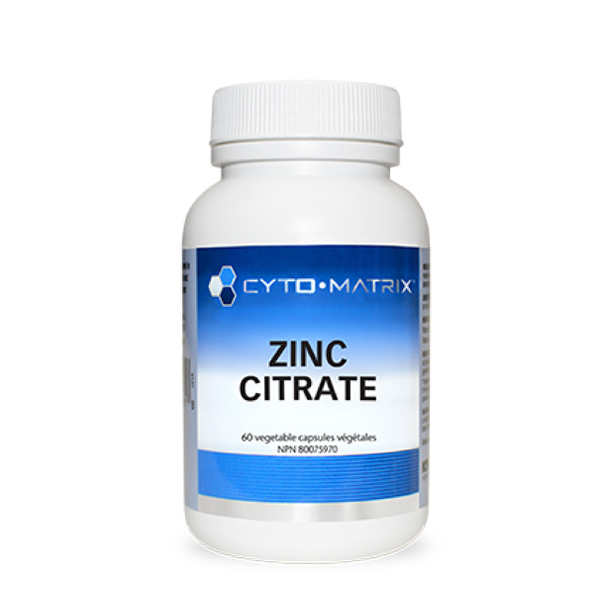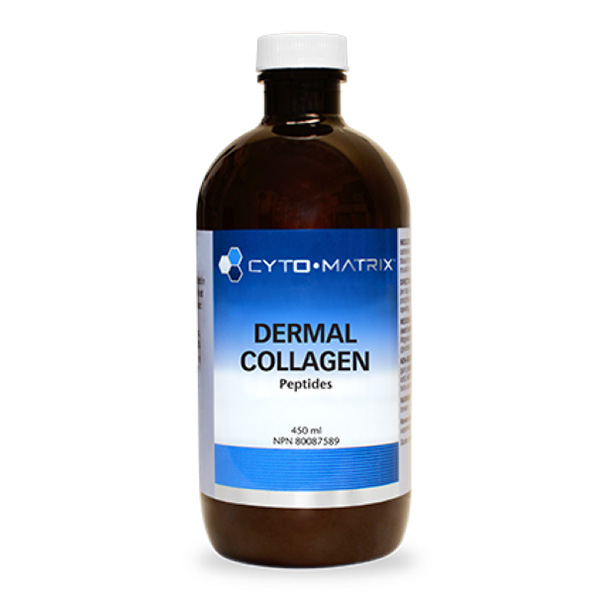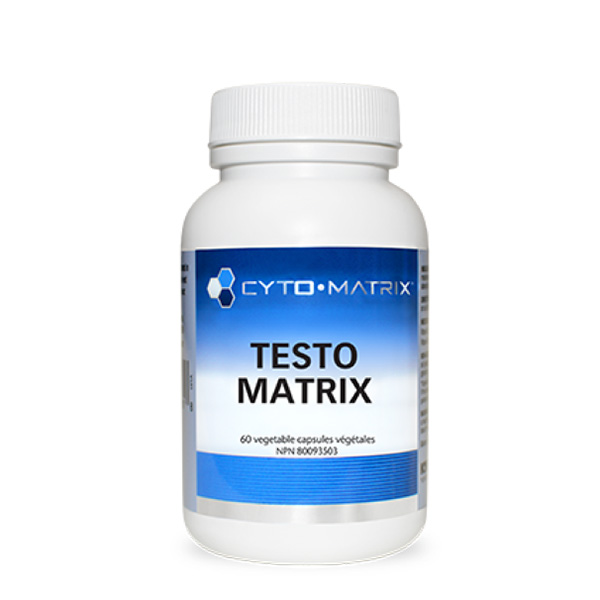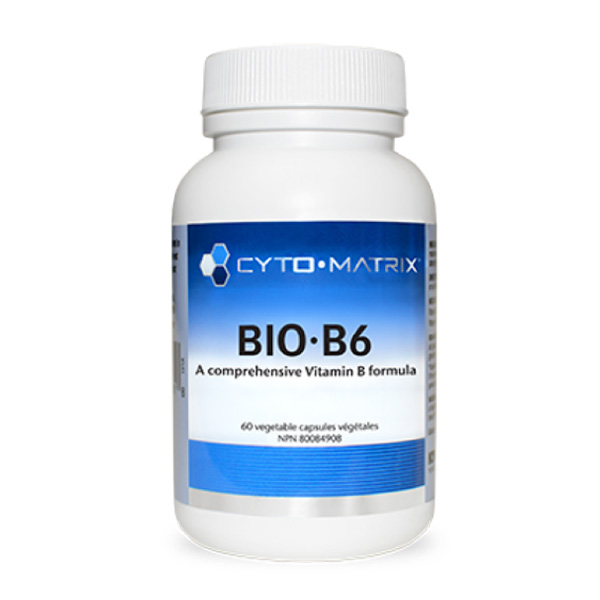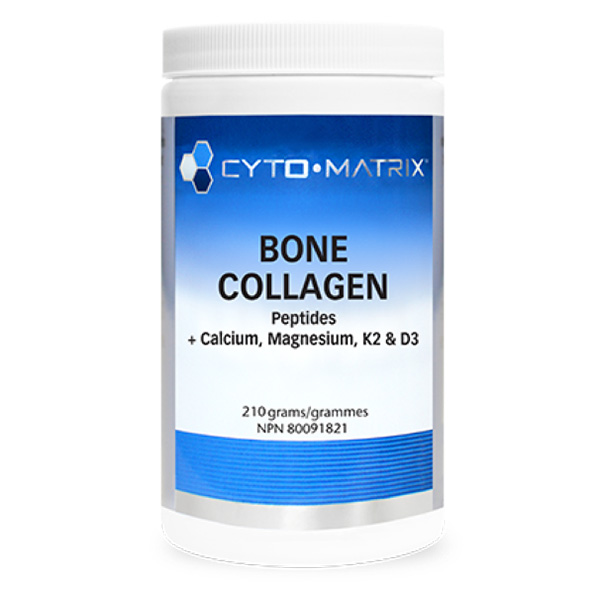CytoMatrix – Black Walnut Matrix 120 Vcaps

A blend of antimicrobial herbs and nutrients for comprehensive antibacterial, antiparasitic, antifungal and antiviral action. Garlic-free and FODMAP friendly.
Note: As required by the manufacturer, to see the price and purchase CytoMatrix products you need to login/create an account first.
The human microbiome is a delicate balance of bacteria and other microbes. It is constantly changing and resisting opportunistic or infectious growth by internal and external pathogens, including bacteria, parasites, fungus and viruses. In certain cases, these pathogenic microbes can take permanent residence in the gastrointestinal tract or cause persistent digestive symptoms such as diarrhea, abdominal pain, flatulence and bloating. Although pharmaceutical agents are capable of eradicating these pathogens, herbal extracts and natural antimicrobial nutrients have been traditionally used with success.
Caprylic acid, also known as octanoic acid, is a medium-chain triglyceride that is naturally found in coconut and palm oil, as well as human breast milk. While it contains many antimicrobial capabilities, by far the most recognized is its anti-Candida action. Candida species are naturally found in the human digestive tract but they are well-known to be opportunistic, meaning that overgrowth is common with antibiotic use and other stressors. Caprylic acid has traditionally been used with success in cases of not only gastrointestinal fungal overgrowth, but also external yeast infections.
Clove (Syzygium aromaticum) is another traditionally used herb to treat both bacterial and fungal infections, including Candida species. More recent research has confirmed that perhaps one of the mechanisms involved in its success against Candida albicans is its ability to disrupt the protective biofilm. This is important because when Candida albicans develops a mature biofilm, it has been shown to be more than 1000x more resistant to antifungal medications.
Berberine is a powerful alkaloid found in a number of plant species such as goldenseal, oregon grape and barberry. By far the most clinical research on berberine has been focused on its ability to improve insulin, blood sugar regulation and metabolic function. However, it has traditionally been delivered as a digestive tonic with broad-spectrum antimicrobial actions. Research has confirmed that berberine can effectively combat bacteria, viruses, fungi and parasites through the inhibition of microbial growth, endotoxin formation, bacterial adhesion and viral replication. Clinical trials have shown that berberine can effectively treat symptoms of bacterial diarrhea and intestinal parasites. In addition, berberine can improve the integrity of tight junctions in the digestive tract and, therefore, positively affect intestinal permeability. Finally, berberine can regulate gastrointestinal motility and increase the endogenous production of butyrate, a short-chain fatty acid that provides fuel and anti-inflammatory support in the colon.
Oregano oil (Oreganum vulgare) has long been used as a potent and broad-spectrum antimicrobial agent, capable of warding off infections, strengthening the immune system and improving digestion. Oregano oil naturally contains a variety of antimicrobial compounds, including thymol, but the most notable active ingredient is carvacrol. Animal research has shown that oregano can increase survival rates in mice infected with Staphylococcus aureus and Candida albicans by 43% and 80% alive at 30 days, respectively. Oregano oil is also capable of reducing parasitic counts in those with digestive infections.
The hull of black walnut (Juglans nigra) fruit is a common antiparasitic treatment in folk medicine, although in vitro studies have found that various black walnut extracts have antifungal, antimicrobial and antihelminthic properties. The primary reason for this appears to be due to its significant tannin content, containing as much as 45% tannin concentration. Much like black walnut, artemisia species have also been anecdotally and traditionally used as an antiparasitic agent. However, in contrast to Juglans nigra, artemisia has gained extensive attention in recent years as a validated primary treatment for uncomplicated malaria. The active ingredient responsible for this anti-malarial action is artemisinin, a bitter sesquiterpene lactone common to all artemisia species. Artemisia absinthum has now been studied to have not only antiparasitic action against plasmodium, leishmania and trichomonas species, but also antibacterial, antifungal and hepatoprotective capabilities. These actions, in addition to its bitter taste, may partially explain why Artemisia absinthum is officially recognized as a digestive tonic for loss of appetite, dyspepsia and bile secretion disorders by various European medical agencies.
Finally, thyme (Thymus vulgaris) is a commonly used carminative herb in cooking and is traditionally used as a remedy for digestive concerns such as colic and dyspepsia. Its phenolic and flavonoid compounds such as thymol, geraniol and thujanol are thought to be responsible for thyme’s anti-adhesive and bactericidal actions. Similar to clove extract, thyme is perhaps most valuable as an anti-biofilm agent because it can effectively combat resistant microbes with added protective measures for survival. For example, thyme has demonstrated antimicrobial activity even against multi-drug resistant strains of staphylococcus species.
Black Walnut Matrix by Cyto-Matrix combines all of these antimicrobial herbs and compounds into one powerful blend to aid in digestive health and microbial balance in cases of dysbiosis or infection. Collectively, the ingredients are effective against pathogenic bacteria, parasites, fungi (including Candida) and viruses. Moreover, Black Walnut Matrix offers anti-biofilm action to more effectively combat resistant microbes that have taken up residence and protective measures for survival. Each bottle contains 120 vegetable capsules.
| Ingredient | Amount |
|---|---|
| Magnesium caprylate | 125mg |
| Berberine (root, Berberis aquifolium) | 100mg |
| Oregano (leaf, Origanum vulgare) 15:1, DHE 1500mg, 30% carvacrol | 100mg |
| Black walnut (unripe hull, Juglans nigra) | 100mg |
| Wormwood (herb, Artemisia absinthium) | 75mg |
| Clove (flower bud, Syzygium aromaticum) | 25mg |
| Thyme (leaf, Thymus vulgaris) 10:1, DHE 250mg | 25mg |
| Zinc caprylate Zinc caprylate | 6.25mg |
Unit of Measure above: Each capsule
Non-Medicinal Ingredients:
Vegetable-grade magnesium stearate, cellulose microcristalline, maltodextrin. Capsule: hypromellose.
DISCLAIMER: While we do our best to keep the information on our website up to date, some product’s packaging or description may not match the manufacturer’s listing. As such, we always recommend that you read labels, directions for use, and warnings of the purchased products though the manufacture’s website and not rely solely on the information provided here.
| Weight | 0.1 kg |
|---|
Brand
Cyto-Matrix
Cyto-Matrix is a professional natural health products company comprised of key associates having decades of experience in the health care industry. Expertise in product development, scientific analysis, continuing health education for professionals and patient education will be evident in all our activities focused on the health care practitioner.
NOTE: To see prices and purchase Cyto-Matrix products you must Create an Account/Login
